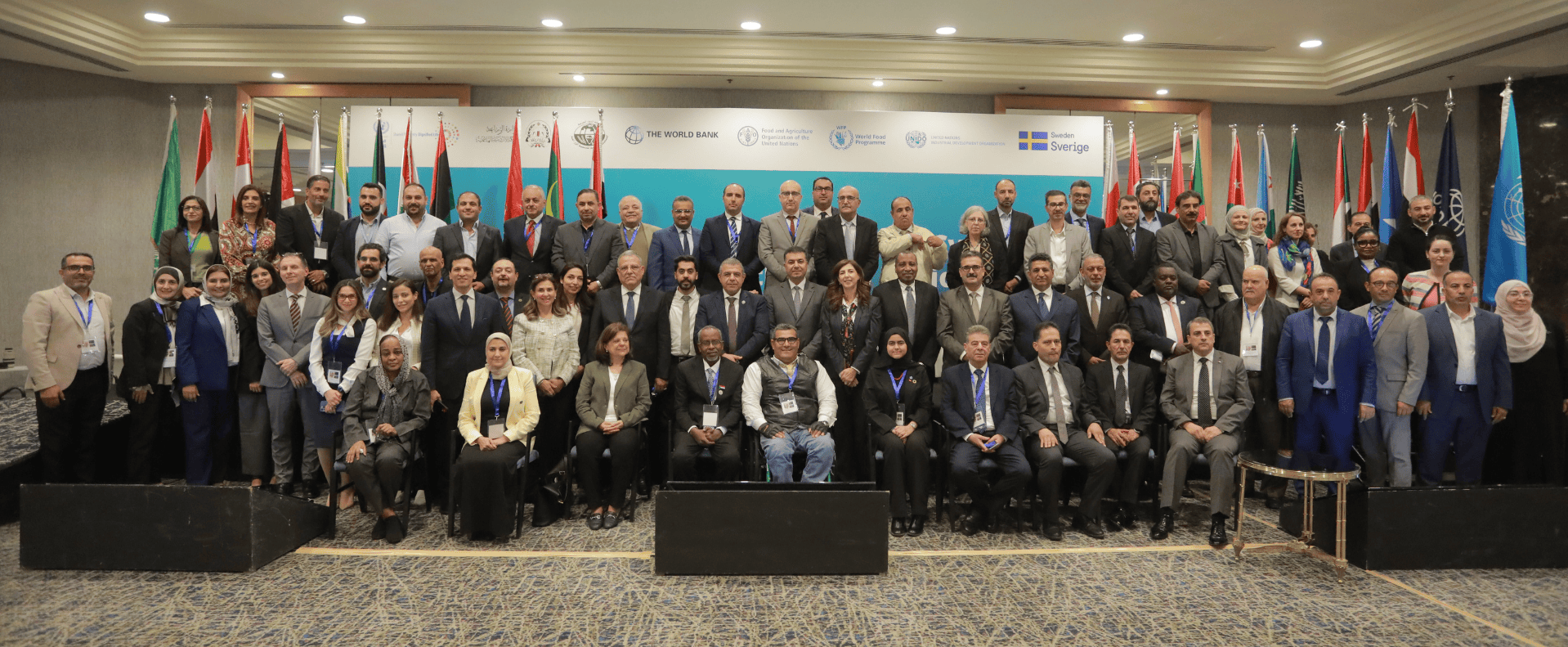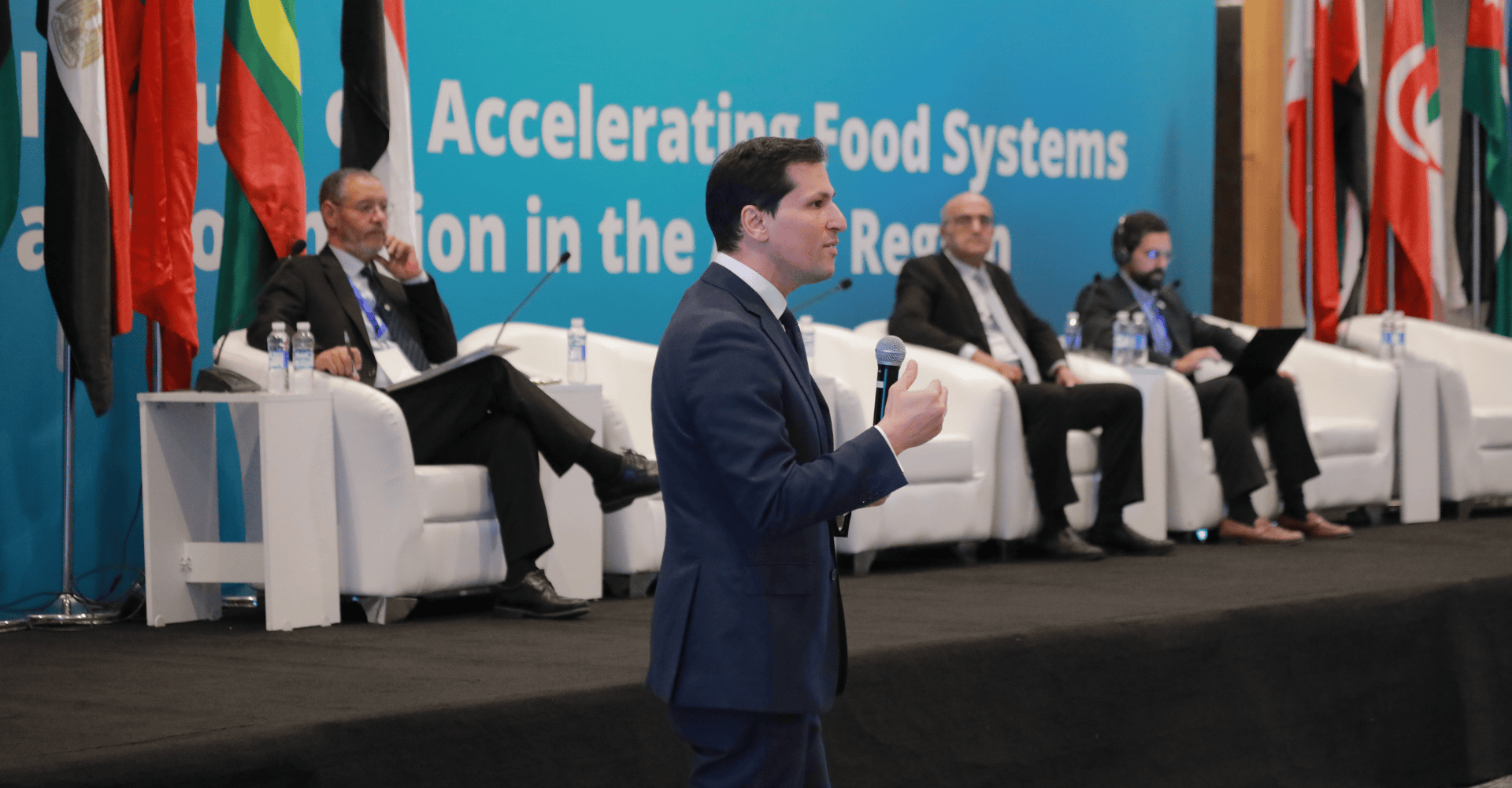SEED FUNDING JOINT PROGRAMMES
Rwanda
Resilient Food Systems: Enhanced Value Chain and Post Harvest Management





PROJECT TITLE | Resilient Food Systems: Enhanced Value Chain and Post Harvest Management |
| Context | Food systems transformation is embedded in several national policies in Rwanda, including the National Transformation Strategy, the Strategic Plan for Agriculture Transformation, the National Environment and Climate Change Policy. In 2021, Rwanda developed its National Pathway, which highlights four priority areas for the country towards 2030: ensuring food security and nutrition for all, while increasing demand for healthy diets; enhancing the environmental sustainability of food systems; improving livelihoods for farmers and all workers in food systems while building resilience to shocks; promoting inclusion of women and youth in food systems, including through enhanced financial opportunities. |
| PUNOs | FAO, WFP, IFAD |
| Contribution to SDGs | SDG 1 No Poverty; SDG 2 Zero Hunger; SDG 8 Decent Work and Economic Growth; SDG 13 Climate Action |
| Contribution to other SDG transitions | Decent Jobs and Universal Social Protection; Energy Access and Affordability |
| Duration | July 2024 – June 2025 |
| Expected financial leverage | $ 3,070,000 |
| Alignment with SG Call to Action | Policy integration; Food systems governance; Research, data, technology and innovation; Inclusive and participatory design; Private sector engagement |
| Outcomes | The JP leverages on improved post-harvest management as a strategic approach to simultaneously reduce food loss, improve incomes, and boost food availability. The JP promotes the economic integration of youth-led MSMEs and builds linkages with partners and initiatives focused on nutrition and food security to connect the dots between food production, processing and consumption. |
| Partners |
|
| Outputs |
|
Arab ministers welcome the Convergence Initiative in Amman Declaration

©WFP
Amman, Jordan – At the close of the Regional Forum on Accelerating Food Systems Transformation in the Arab Region, held in Amman on October 30-31, 2024, Arab Ministers of Agriculture and Arab Representatives welcomed the Hub’s Convergence Initiative in their Amman Declaration on Food and Agricultural Systems in the Arab Region.
Hosted by the Food Security Council within the Jordanian Ministry of Agriculture, in collaboration with ESCWA, FAO, WFP, UNIDO, the World Bank, and AOAD, the forum fostered discussions on strengthening the region’s food systems through good governance, effective implementation, and regional collaboration. During the event, the UN Food Systems Coordination Hub introduced the Convergence Initiative, which links food systems transformation with climate action to ensure these systems contribute effectively to achieving the Sustainable Development Goals and the Paris Agreement’s climate objectives. The initiative will soon be implemented in several Arab countries, marking a significant step towards sustainable, climate-resilient food systems across the region.
The Amman Declaration reflects a collective commitment from Members to address critical challenges such as water scarcity, climate change, and other persistent threats to food security. By embracing the Convergence Initiative, it highlights the importance of uniting food systems and climate agendas to drive progress toward a resilient, hunger-free future for the region. This Declaration also charts a proactive path as the region prepares for global milestones, including the UN Food Systems Summit +4 Stocktaking Moment (UNFSS+4) in 2025.

Khaled Eltaweel, Senior Programme Officer at the UN Food Systems Coordination Hub, presenting the Convergence Initiative during the forum. Photo credit: WFP.
